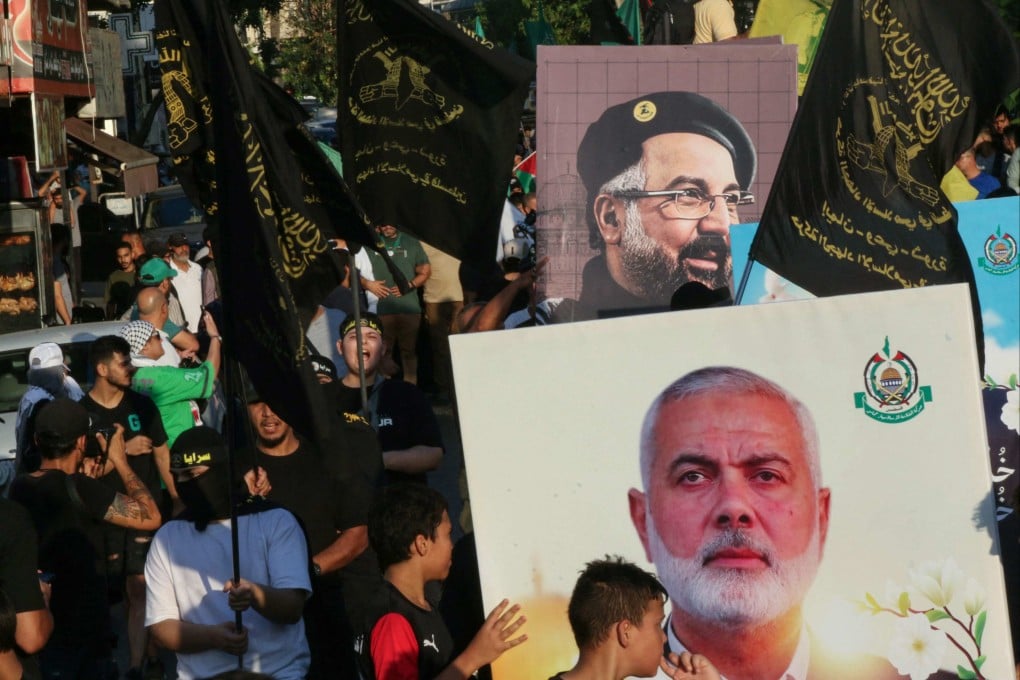Advertisement
Opinion | Israel-Hezbollah war: not a question of if, but when
- After Israel’s operations in Beirut and Tehran, Iran is likely to up its support for its proxies in the region – with global repercussions
Reading Time:3 minutes
Why you can trust SCMP
2

Israel’s reported assassination of Hamas political bureau chief Ismail Haniyeh in Tehran and of senior Hezbollah commander Fuad Shukr in Beirut represent a turning point for the Middle East. The calculations have changed – for Israel, Iran and the whole world.
While Iran has vowed to take revenge against Israel, it is becoming clear that, in the short term, the main fight is likely to be between Israel and Hezbollah as Iran is unlikely to take a step that triggers a regional war. Hezbollah is abandoning strategic posts in southern Lebanon in anticipation of being targeted by Israel. This could mean Hezbollah is preparing for a sustained campaign with Tel Aviv, as signalled by reports of the Iranian proxy deploying precision missiles into strike positions.
As Israel and Hezbollah face off, a powder keg threatens to explode in the Middle East, drawing the whole world into the conflict. To begin with, it could start a regional energy crisis. If Israel and Hezbollah clash, Israel may shutter gas fields and stop energy exports to Egypt. These fields could be targeted by Hezbollah.
This could push Israel into an energy red zone, forcing the United States and Europe to rescue Tel Aviv. The West might also put pressure on countries such as Qatar, Saudi Arabia and the United Arab Emirates to supply emergency energy to Israel, while also taking steps to restore confidence to global energy markets by boosting oil output.
However, if Israel launches an offensive in Lebanon and shuts down energy exports to Egypt, Turkey might respond by shutting off energy exports to Israel. A significant amount of Israel’s oil flows from Azerbaijan through Georgia and Turkey. With Tel Aviv and Ankara already locking horns, a war in Lebanon could cross Turkey’s red lines.
Suddenly, the Middle East could be hit with a dual energy crisis. And, considering how fragile and volatile global markets have been in recent weeks, an energy crisis could transition into an economic crisis.
Advertisement
